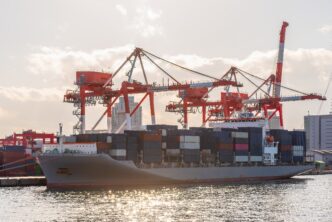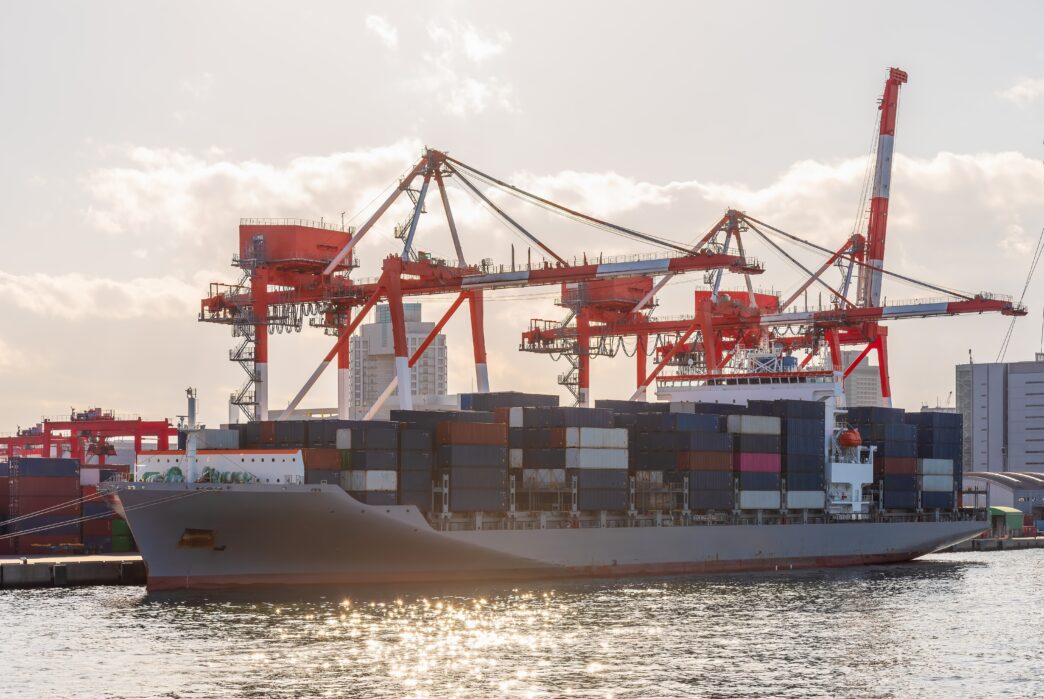Executive Summary
The Story So Far
Why This Matters
Who Thinks What?
Beijing is actively advocating for the resumption of negotiations on a trilateral free-trade agreement (FTA) with Japan and South Korea, even as analysts caution that significant hurdles, including divergent national interests and the influence of Washington, complicate the path to deeper regional economic integration. China’s push for enhanced cooperation comes amid ongoing tensions with the United States, highlighting a strategic effort to strengthen economic ties within East Asia.
China’s Diplomatic Push
Chinese Commerce Minister Wang Wentao recently pledged to promote the restart of trilateral FTA negotiations during a meeting with South Korean Minister of Trade, Industry and Energy Kim Jung-kwan. The meeting took place on the sidelines of the Asia-Pacific Economic Cooperation (Apec) forum, according to a statement from China’s Ministry of Commerce. Wang also emphasized the importance of enhancing communication between China and South Korea through existing export-control and supply-chain mechanisms to ensure the smooth operation of their bilateral supply chains.
History of the Trilateral FTA
The concept of a trilateral FTA has been under discussion for over two decades, with formal negotiations officially commencing in 2012. However, these discussions have largely stalled in recent years, partly due to the global COVID-19 pandemic. Despite the lack of progress on a comprehensive trilateral agreement, all three nations are members of the broader Regional Comprehensive Economic Partnership (RCEP), which provides a more limited framework for regional trade.
Obstacles to Agreement
Analysts point to several factors hindering the advancement of the FTA. A key challenge is the recent change in leadership in both Japan and South Korea. Alicia Garcia-Herrero, chief economist for the Asia-Pacific region at Natixis, specifically highlighted the newly elected Japanese Prime Minister, Sanae Takaichi, as a potential impediment. Garcia-Herrero noted that Takaichi has been “very accommodating to President Donald Trump,” suggesting this alignment could make her less inclined to pursue the trilateral agreement.
Furthermore, Garcia-Herrero suggests that the economic benefits of such an FTA might be diminishing for Japan and South Korea. She argues that the potential costs could outweigh the gains, as China’s increasing domestic production means it now imports less from its neighbors in categories they traditionally supplied. This shift reduces the incentive for Japan and South Korea to enter into a deeper trade pact with China.
Outlook for Regional Trade
While Beijing continues to champion deeper economic cooperation in East Asia, the path to a comprehensive trilateral FTA with Japan and South Korea remains complex. The interplay of geopolitical dynamics, new political leadership, and evolving economic realities presents significant challenges to the resumption and successful conclusion of negotiations.








